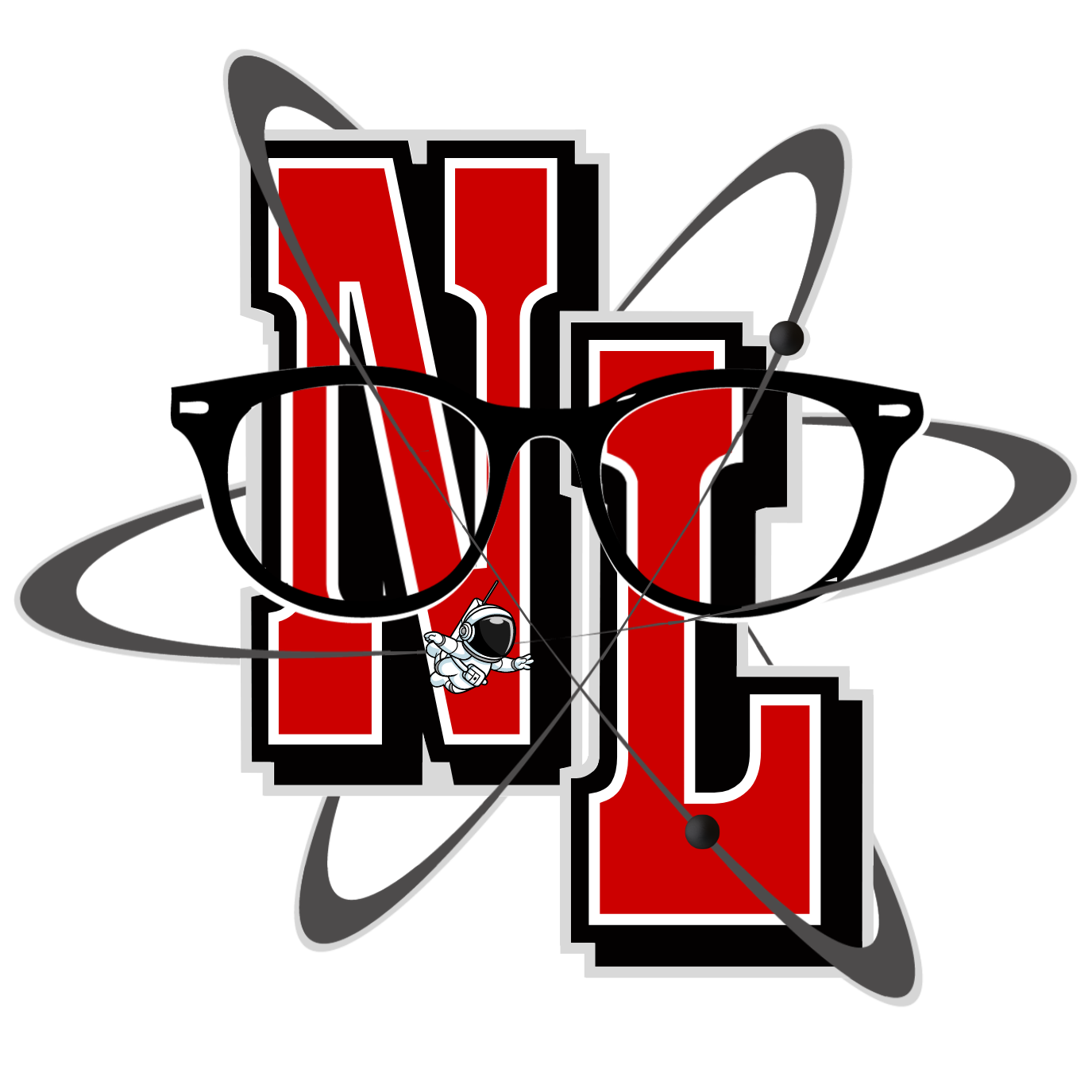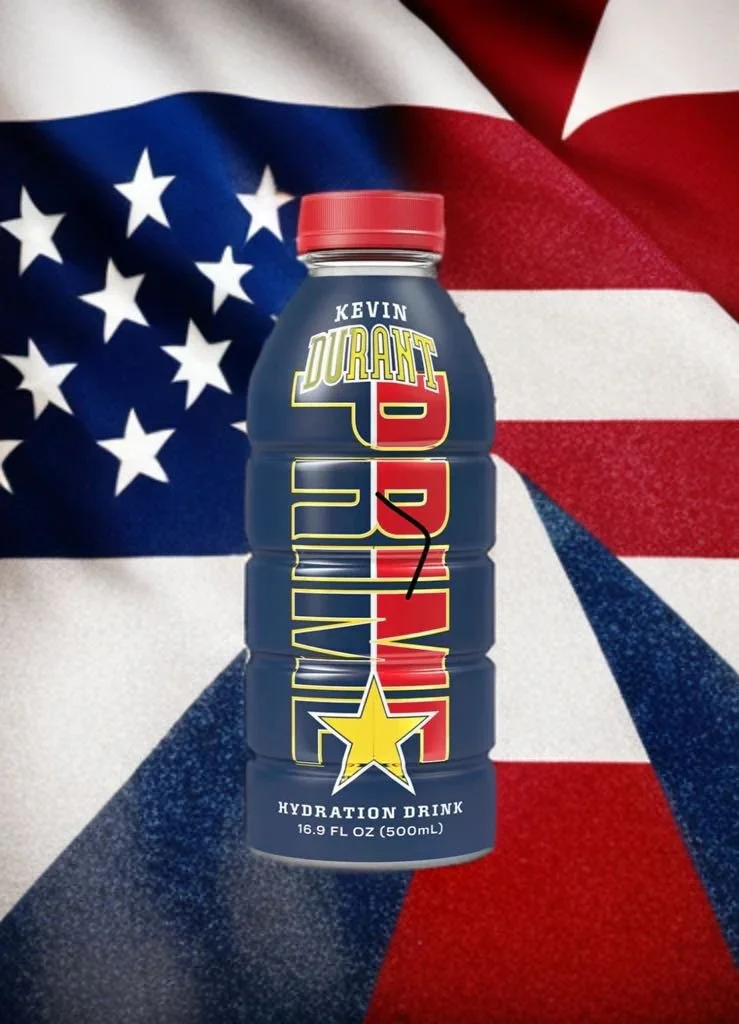What Do the “Gay Olympics,” the “Redneck Olympics,” and Logan Paul Have in Common?
If you answered games, hot pants, or excessive drinking, you are probably right. The answer we’re looking for, however, is:
They all got sued by the U.S. Olympic & Paralympic Committee (USOPC) for using the word “Olympics.”
Why Prime Hydration?
This week, the USOPC sued Prime Hydration for trademark infringement based on Prime’s use of the word “Olympic” in advertisements featuring Olympian Kevin Durant. Earlier this month, Prime released limited edition bottles featuring Kevin Durant. Advertising associated with this release contained statements including, “Kevin Durant Olympic Prime Drink,” “Celebrate Greatness with the Kevin Durant Olympic Prime Drink!,” “Olympic Achievements,” and “Kevin Durant Olympic Legacy.” Each of these statements allegedly infringes USOPC trademarks.
The USOPC makes millions of dollars licensing the Olympic marks to companies like Coca-Cola, so it’s extremely important for them to enforce their rights. Allowing third parties to use the word “Olympics,” for example, weakens the mark by what is called “dilution.”
What is Trademark Dilution?
Trademarks are meant to help consumers identify the source of goods. If you don’t enforce your mark and other people begin using the marks to describe their products, consumers are less likely to be able to identify the source of the product, “diluting” the value of the mark. Eventually, the mark becomes “generic,” meaning that the consumer can no longer identify the source of goods based on the mark. “Kleenex” and “Nylon” are examples of “generic” marks, since consumers use these terms to describe a vast array of products manufactured by many companies.
The USOPC, as the holder of the Olympic marks, is suing Prime Hydration and previously sued the “Gay Olympics,” and the “Redneck Olympics” for trademark infringement to ensure that these marks do not become generic.
Isn’t “Olympic” generic?
The more interesting question is how “Olympic” and associated marks like “Team USA” and “Going for the Gold” were granted to the USOPC.
Words that are already used in commerce are not typically given trademark protections. The first Olympic games occurred around 776 BC. That was 2,747 years before the USOPC applied for the “Olympic” trademark in 1971. To be fair, the predecessor of the USOPC began using “Olympic” in commerce around 1896 when the first modern Olympics took place. Still, 2,672 years is a long time for a term to be dormant.
How did the USOPC overcome this issue?
The Ted Stevens Olympic and Amateur Sports Act
The answer is literally an act of Congress. In 1978, the Ted Stevens Olympic and Amateur Sports Act gave the USOPC exclusive rights to the words “Olympic,” “Olympiad,” “Citius Altius Fortius,” “Paralympic,” “Paralympiad,” “Pan-American,” “Parapan American,” “America Espirito Sport Fraternite,” or any combination of those words (36 U.S.C. § 220506). The statute also gives the USOPC control of logos and trademarks associated with the Olympic games, including “Team USA,” “Go for the Gold,” and “Paris 2024.”
The USOPC gave the US an organization focused on beating communists on the athletic courts. According to Stevens, exclusive control of these marks gives the USOPC, a quasi-governmental agency that does receive federal funding, a means for generating revenue without dedicated federal funding.

